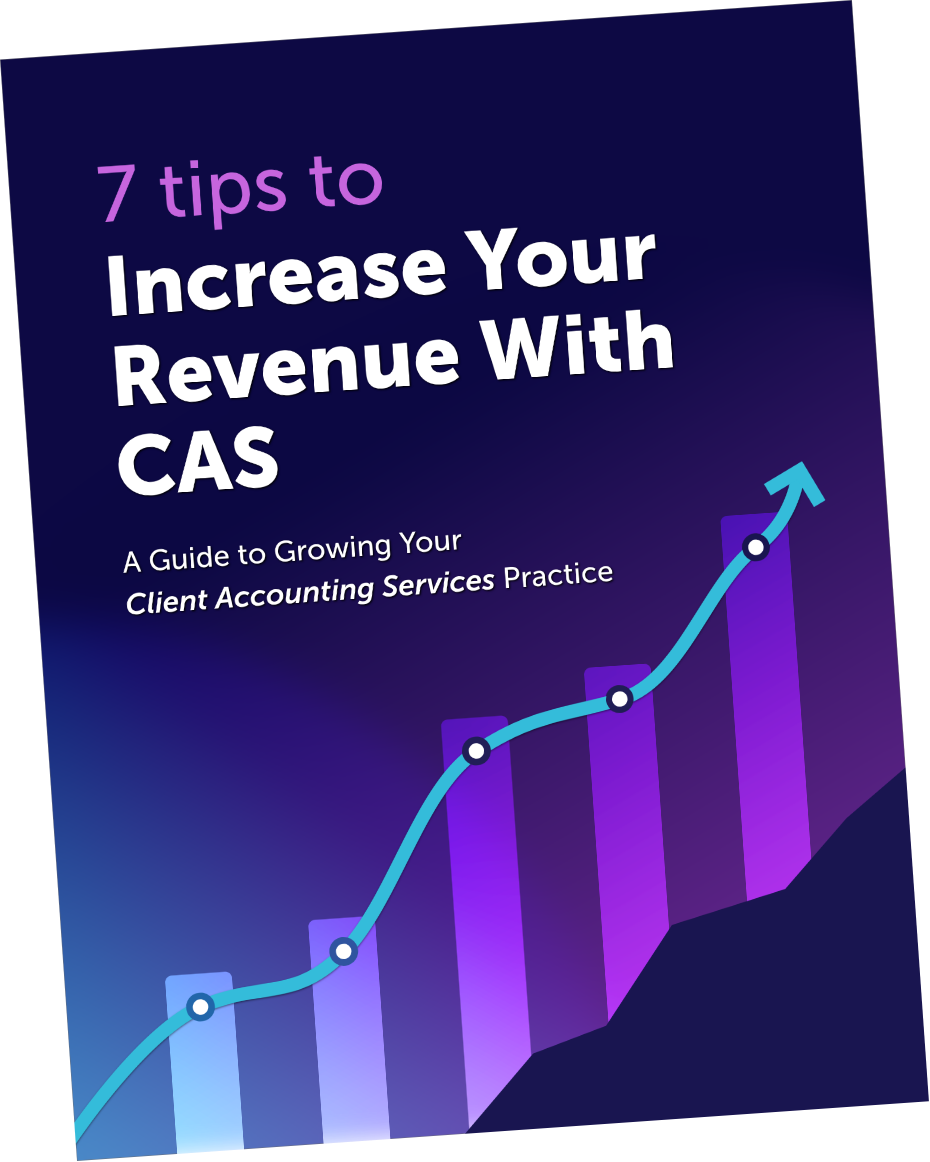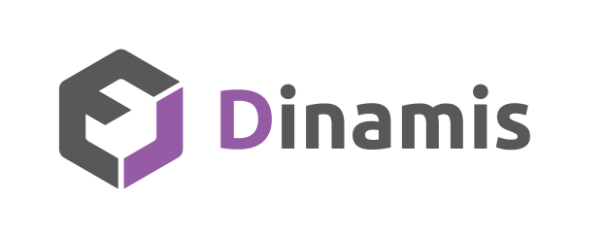Your Guide to Documenting Processes for Client Accounting Services
There are several building blocks to creating a successful client accounting services practice. We’ve addressed several of these in other blog posts: developing a staffing plan, developing a sales and marketing plan, and thinking like a general manager. In this post we’ll address another critical success factor for building a successful client accounting service practice, standardizing, and documenting processes.
Understanding Internal vs. Outsourced accounting
An internal accounting department creates a single financial statement each month. While that may involve hundreds or thousands of transactions, think of multiplying that number by 500 in an outsourced environment! Like Henry Ford, who created the assembly line for making the Model T, client accounting services practice leaders must find the most efficient model for documenting processes.
Download our Free eBook!
Download our Free eBook!

Standardization and Documenting Processes
Michael Gerber, the author of The E-Myth Revisited, notes that “without documentation, all routinized work turns into exceptions.” In order to run an effective team, all your documenting processes must be followed. Ryan Lazanis, CPA, CA, is the creator of the Future Firm Accounting Podcast and the Future Firm blog. Ryan notes that the key to scaling a cloud accounting practice is to have a defined business model with a defined customer base. You should create productized services, and you must have mapped processes.
Adding Advisory to Client Accounting Services
Advisory support for your clients could go beyond the walls of your firm. To ensure that your clients have access to a full array of advisory support, you should ensure that you maintain a solid referral network of providers that compliment your firm’s service offerings.
Ensuring the Best Client Outcomes
Regardless of who manages a client relationship in your firm, you should ensure that all of your accounting services clients are regularly hearing about the full menu of services your firm offers. Make sure you refer them outside your firm if they require services you can’t provide in-house.

Edward D. Warren, MBA
Business Development Director
Ed is an accomplished sales executive with over 15 years of professional services sales and marketing experience. He’s worked for Allinial Global and RSM Alliance member firms and serves on the board of the Association of Accounting Marketing.Other Articles You Might Be Interested In:

How to Manage Your Outsourced Accounting Team
With businesses moving to a remote environment, there is a common question about how you manage an outsourced accounting team. How do you make sure their work aligns with your objectives? How do you form a healthy work-relationship with remote accountants? How do you...
read more
5 Business Tasks You Could be Outsourcing
Too many business owners think they don't need help with their tasks. They think that getting more hands involved means way more expenses for the company. Little do they know, outsourcing could actually help their business grow. (And save them money!) Repetitive or...
read more